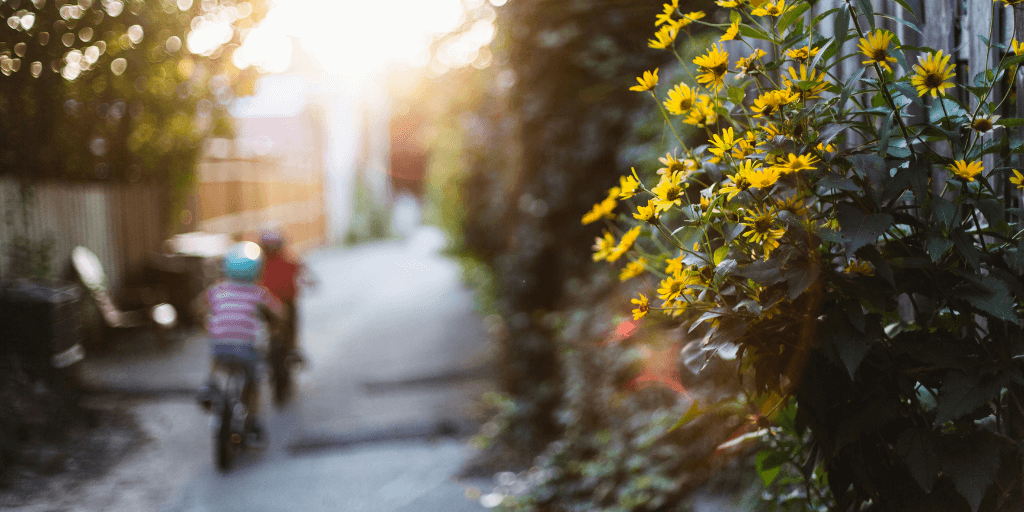
Supporting a child who has experienced sexual abuse
‘Supporting a child who has experienced sexual abuse’ blog article was written by Jaimee Stacey, Initial Response Practitioner, Child Trauma Service at Australian Childhood Foundation.
It can take an enormous amount of courage and vulnerability for a child or young person to disclose that they have been sexually abused. Often, it can take some time before a child will share that they have been violated in such a harmful and distressing way, and it is imperative that when they do, the adults around them respond in a way that affirms a sense of being held, believed and that support will be offered.
Whether we’re acting as a parent, carer, employee or community member, we need to show care and support the child or young person to share what they feel comfortable with.
Alongside any reporting processes, and before the child is connected to counselling, it is crucial to hold a space for the child even though that might feel uncomfortable or distressing for you and them.
Here are some suggestions on how to respond to a child who has disclosed sexual abuse:
- Believe the child’s story, and thank them for sharing their experience with you.
- Manage your reaction to the child’s story and try to maintain a calm presence as best you can – this allows the child to share their own emotions without worrying about yours. While it might be hard not to express a level of shock, anger or sadness, try to save your own big feelings to unpack with another adult.
- If the child tells you their story, be curious and open to hearing what they have to share and ask clarifying questions but avoid leading questions or prompting. This might interfere with possible legal proceedings down the track and can also lead to feelings of shame for the child.
- Let the child know that you will need to share what they have disclosed with other adults who can keep them safe. This may evoke fear and worry for the child. Reinforce that the child has done the right thing by sharing what has happened to them and that when something like this happens, adults around them need to take action to support them.
- Make notes from the conversation at the earliest opportunity.
- Encourage consistency in the child’s routine, and if something new is required, like a change in school or regular activities, let them know what is happening in an honest and age-appropriate manner.
- Expect the child to have some difficulties and possibly demonstrate some regressive behaviours, such as increased connection-seeking and comfort from their caregiver. Follow their cues around this – it will help in their recovery.
- It is not unusual for a child to retract their disclosure following what happens after a disclosure. There can be a lot of professionals asking them questions. This can be distressing and upsetting for the child – withdrawing and retracting a disclosure can occur to protect themselves. When the harm has been caused by someone in the family, and there is a lot of fracturing and distress, children can feel the family tension and may not want to talk any further. That is okay. Children should not be forced to share what has happened to them if they do not wish to. It is important to let the child know that they are believed, have shown great courage to share what has happened, and acknowledge that what has followed is difficult.
- Support the child afterwards by reinforcing and repeating messages of safety, love and care for them. Let them know that they have done the right thing by telling you.
Initial responses to children and young people who have disclosed sexual abuse are as important as providing them with access to any additional therapeutic support.
At times, children may not need to access any further support or counselling if those around them have resourced and responded to them in a way that promotes their recovery and healing.
Dr. Bruce Perry notes, “What we’re learning is that having access to a number of invested, caring people is actually a better predictor of good outcomes following trauma than having access to a therapist”.
This is reinforced in our work at Australian Childhood Foundation.
We often see children and young people requiring less therapeutic intervention and support when the system around them, as well as their parents, carers, family and community, are responsive, loving and caring, and can hold their own pain of the sexual abuse alongside the child.
While the experience of sexual abuse can be confronting and overwhelming, with the support of safe adults, family and community, children can develop a healthier narrative of their experience and begin the journey of healing from their trauma.
Safeguarding Services
Visit our Safeguarding Services Hub to access helpful resources and tools and learn more about promoting child safety.
